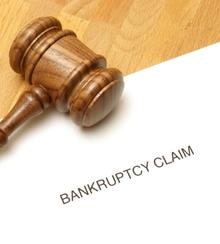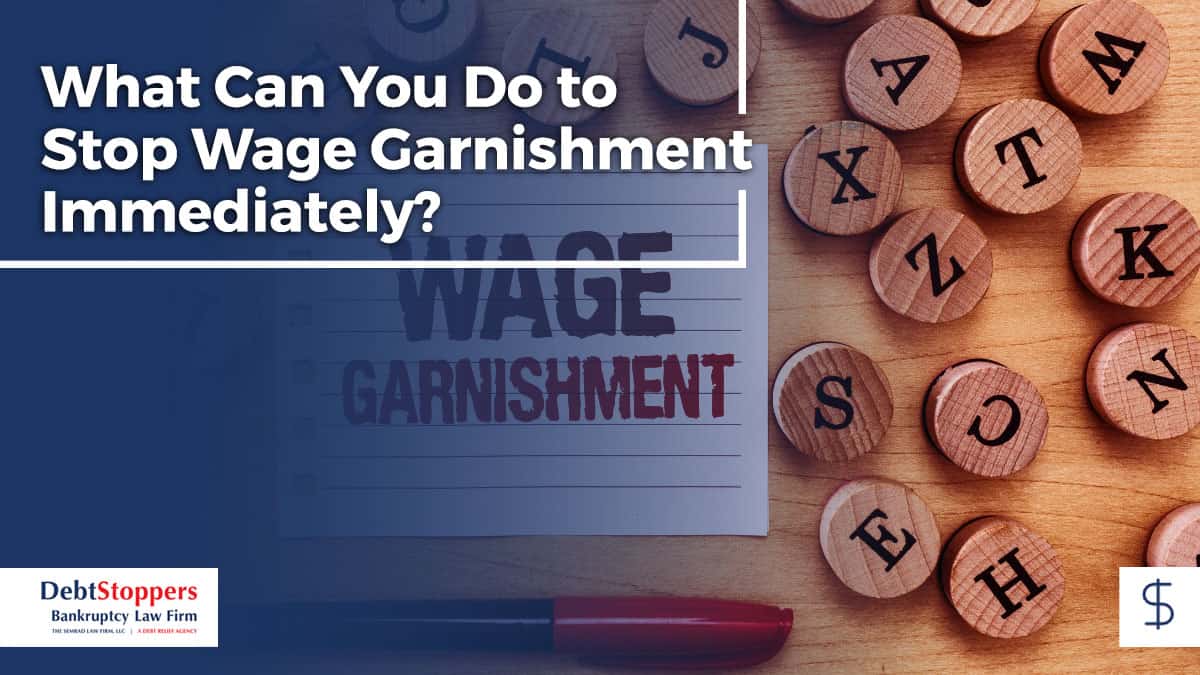When facing wage garnishment, it can feel like you are losing control of your financial stability. Wage garnishment is an order issued by a court directing your employer to withhold a portion of your earnings to pay back a debt. With each pay period, a portion of your hard-earned money is automatically redirected towards paying your debt – often a sizeable 15% of your gross paycheck, which can equate to as much as 25% of your take-home pay. This process can continue for an extended period, especially for substantial debts, as the creditor garnishes your wages plus judgment interest of up to 9%. This article will cover effective methods on how to stop wage garnishment and regain control of your financial situation.
Engaging in conversation with your creditor might be the last thing you want to do, but it could potentially help halt the wage garnishment process. Creditors usually initiate wage garnishment as a last resort when other debt collection methods fail. The process involves the creditor hiring an attorney to secure a court judgment for garnishment, which can be time-consuming and costly. Hence, if you can propose a feasible payment plan to your creditor, they might consider halting the wage garnishment.

Challenging the Wage Garnishment Order
Challenging the wage garnishment order in court is another option you can explore. This requires thorough understanding of the local laws and guidelines, as well as solid evidence to support your case. Therefore, you might consider seeking legal advice before pursuing this course of action.
Filing a Claim of Exemption
Certain income levels and types are exempt from wage garnishment. For instance, if your income in Illinois is less than $371.25 per week, your wages are protected from garnishment. Similarly, certain benefits such as Social Security cannot be garnished. By filing a claim of exemption, you can potentially stop the garnishment of your wages.
Negotiating a Payment Plan
Negotiating a payment plan is an effective approach to stop wage garnishment immediately. This involves reaching an agreement with your creditor to repay your debt in manageable installments. You'll need to work out a plan that is financially viable for you while satisfying your creditor's demands.

How to Protect Yourself From Unfair Wage Garnishment Practices?
To protect yourself from unfair wage garnishment practices, it’s crucial to understand your rights, verify the legitimacy of the garnishment, and take appropriate legal action if necessary.
Filing for exemptions, challenging improper garnishments, negotiating with creditors, or filing for bankruptcy can help protect your income from being unfairly garnished.
An experienced attorney can also provide additional guidance and support during the process.
Simply put, wage garnishment can be a serious financial burden, but there are ways to protect yourself from unfair wage garnishment practices and ensure that your rights are respected.
Filing for Bankruptcy: The Most Immediate Relief
Once a garnishment has been filed and you're looking for immediate, concrete solutions, filing for bankruptcy stands out as the most effective way to stop wage garnishment immediately. It provides legal protection against creditors and forces an immediate halt on wage garnishments. As soon as your case is filed, your creditors lose their special rights to garnish your wages. In certain cases, they might even be obligated to return the money garnished over the last 90 days. This powerful option can offer the relief you need while allowing you to start rebuilding your financial life.
Long-Term Strategies for Financial Recovery Post-Garnishment
You can gain control of your finances and rebuild your financial health after wage garnishment with the right long-term strategies.
First, you should create a comprehensive budget to assess your current finances. Review your income, expenses, and debt to get a clear understanding of your financial situation. Then, identify where your money is going and where you can cut unnecessary expenses.
It’s important to create a realistic budget that allocates funds for essential living expenses, debt payments, and savings. Stick to this budget to avoid falling behind on other financial obligations.
After garnishment ends, make a plan to pay off any remaining debts as quickly as possible. Focus on high-interest debts first to save money on interest over time.
You might want to consider the Debt Avalanche or Snowball Method. The Debt Avalanche method prioritizes debts with the highest interest rates, while the Snowball Method focuses on paying off smaller debts first for quick wins. Choose the method that best suits your financial situation and motivation level.
During this time, you should avoid accumulating new debt if possible; and focus on rebuilding your credit score by making timely payments and using credit responsibly.
You should also review your progress regularly and track milestones, which can keep you motivated and help you adjust your strategy if needed.
After wage garnishment, you may be tempted to use high-cost lending options, but these can trap you in a cycle of debt. Avoid payday loans, title loans, or other predatory lenders that charge exorbitant fees and interest rates. Only borrow from reputable sources, and always read the fine print before taking on any new loans. Make sure the terms are fair and manageable.
If your financial situation remains untenable even after garnishment and repayment efforts, consider speaking with an experienced bankruptcy attorney to explore whether bankruptcy is the right option for you. Bankruptcy may offer a fresh financial start!
By implementing these long-term strategies, you can rebuild your financial health, reduce the chances of future wage garnishments, and move toward a more stable financial future.
How Can DebtStoppers Assist in Stopping Wage Garnishment Immediately?
At DebtStoppers, we are experienced bankruptcy lawyers who can assist you in halting wage garnishment right away. We can file a bankruptcy case on your behalf today, without requiring any upfront payment. If you are struggling with wage garnishment or other bills, don't hesitate to reach out to us. Speak with a lawyer now, at no cost to you, and empower yourself with knowledge!





